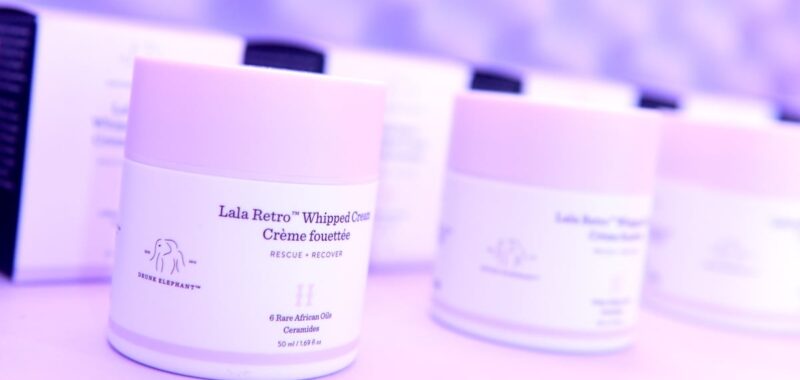
Shiseidoâs first quarter earnings on Monday revealed an 8.5 percent drop in net sales, amid a slowdown across markets, with a particularly sharp drop in US sales. Prestige skincare brand Drunk Elephant, once one of the buzziest names in the groupâs portfolio, was particularly hard hit, with sales down 65 percent year-on-year.
Total sales reached ¥228.2 billion yen (around $1.5 billion) and the company is still maintaining its forecast of essentially flat growth for the year ahead. However, Shiseido noted particularly challenging conditions in multiple markets, referencing persistent softness in China, especially travel retail, but also in the US and Europe, the latter of which it said is decelerating.
A once white-hot brand, Drunk Elephant stumbled in 2024; sales declined 25 percent year-on-year. At the time, chief financial officer Ayako Hirofuji said the drop was partly due to inventory issues: its $39 bronzing drops are a viral hit, and as such, faced stock shortages, but also said the brand needed to âclarify its target customer baseâ to reinvigorate itself. Some analysts interpreted this to mean that the brandâs popularity with Gen-Z and Gen Alpha shoppers had turned off its core customer base of Millennials and Gen-X consumers.
The company is also undergoing an executive reshuffle: in April, Ron Gee, chief executive of Shiseidoâs US business and head of its M&A activity, stepped down; on Monday, the company also confirmed the departure of its longtime European chair, Franck Marilly. EMEA president and chief executive Alberto Noe will continue to lead the region, while also serving as interim US chief executive.
Shiseidoâs other premium brands, like makeup line Nars and the namesake Shiseido line, also suffered losses, declining 2 and 7 percent respectively, while fragrance brands Issey Miyake and Narciso Rodriguez fell 14 and 8 percent respectively. By region, its American business was the worst hit, but its Chinese and travel retail business also fell 14 percent, while its domestic market declined 2 percent.
The company noted mitigation actions it was taking to address the the threat of tariffs, such as a switch to more local sourcing, the utilisation of exemptions and price adjustments, but noted that the possibility of further deceleration in the beauty market and falling asset prices could weigh on its future earnings.
Sign up to The Business of Beauty newsletter, your complimentary, must-read source for the dayâs most important beauty and wellness news and analysis.
The Beauty Slowdown, Explained
The four biggest beauty conglomerates all recently reported disappointing sales, and consumers are tiring even of once white-hot brands like Cerave and Drunk Elephant. A rebound will require agility and adjusted expectations.

